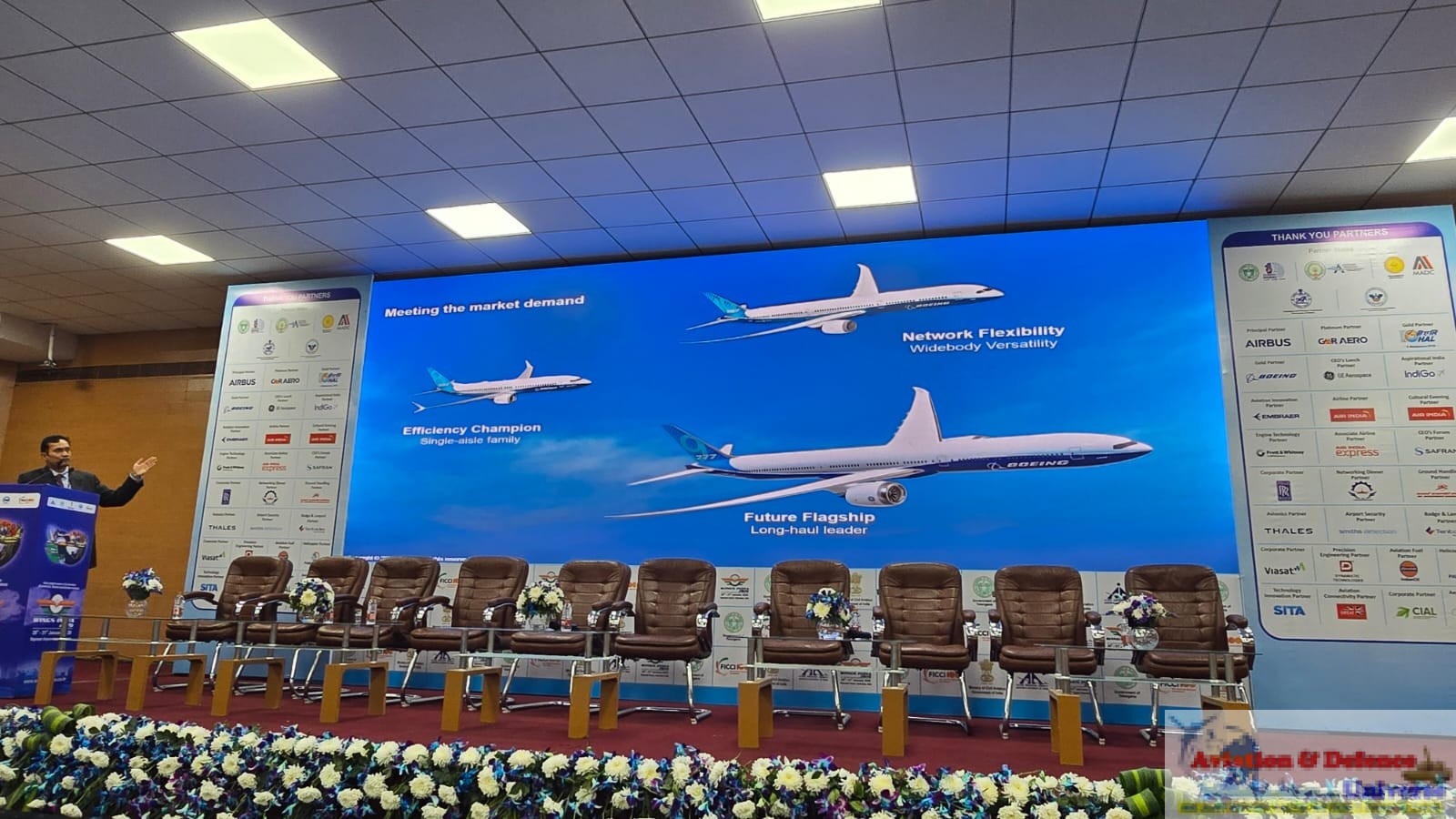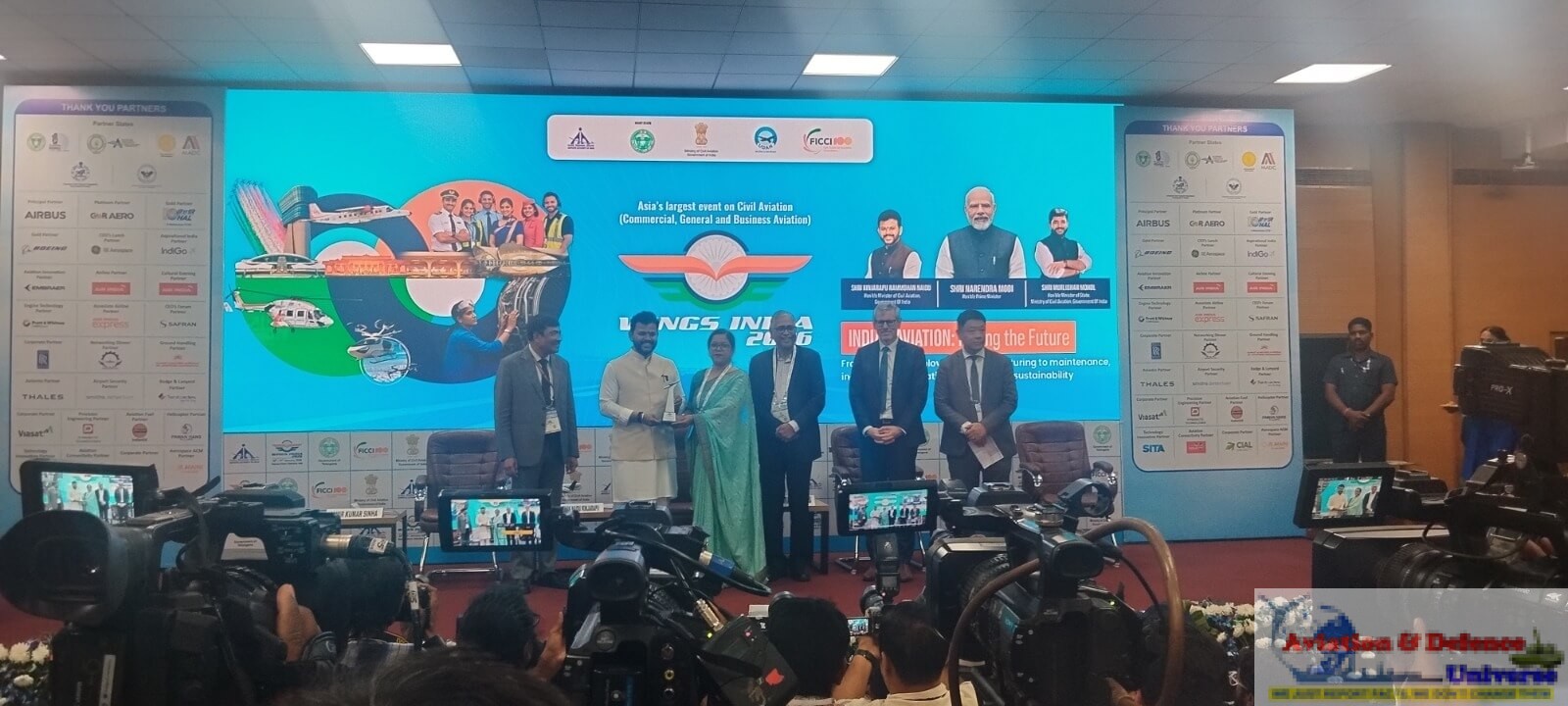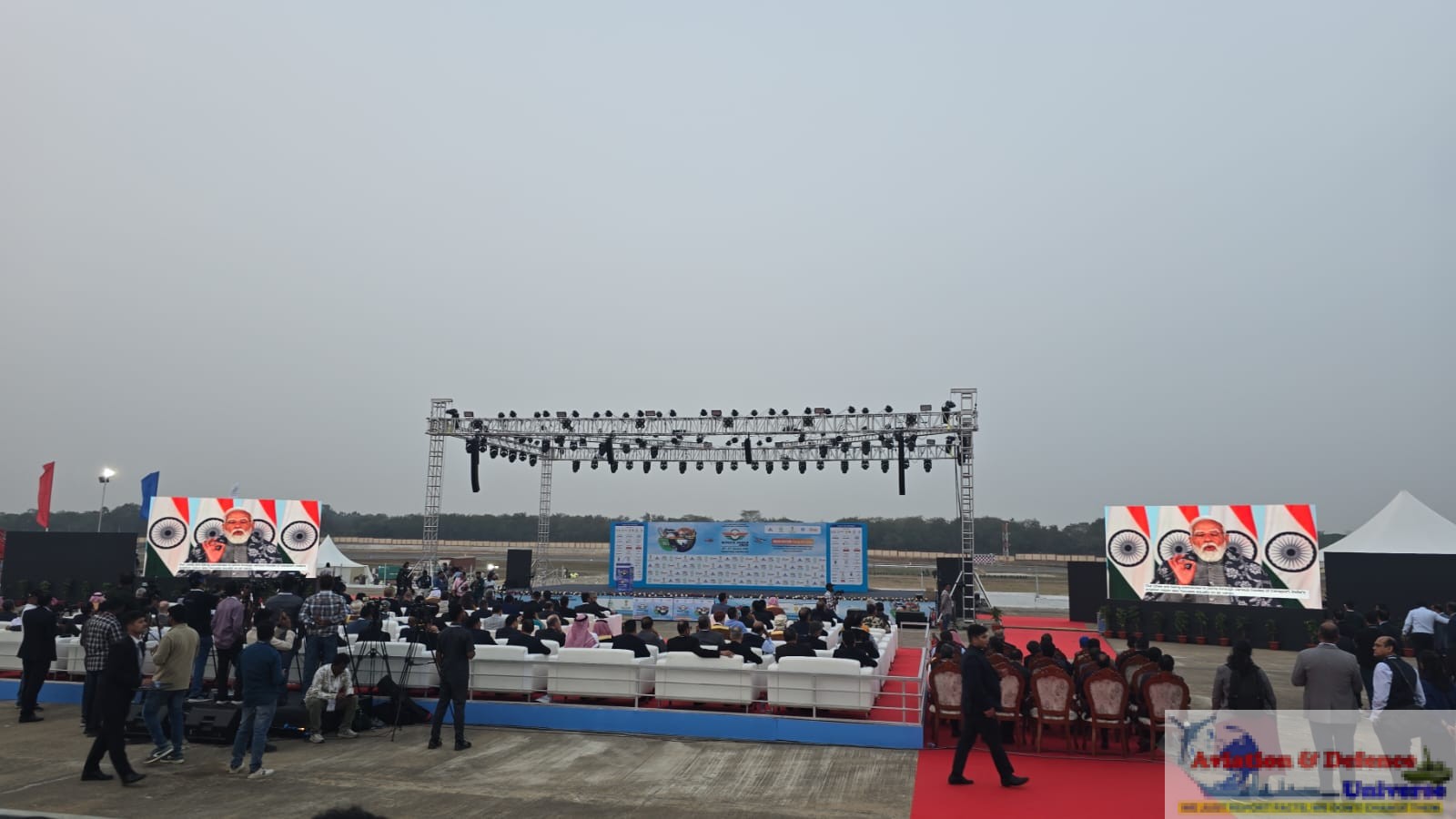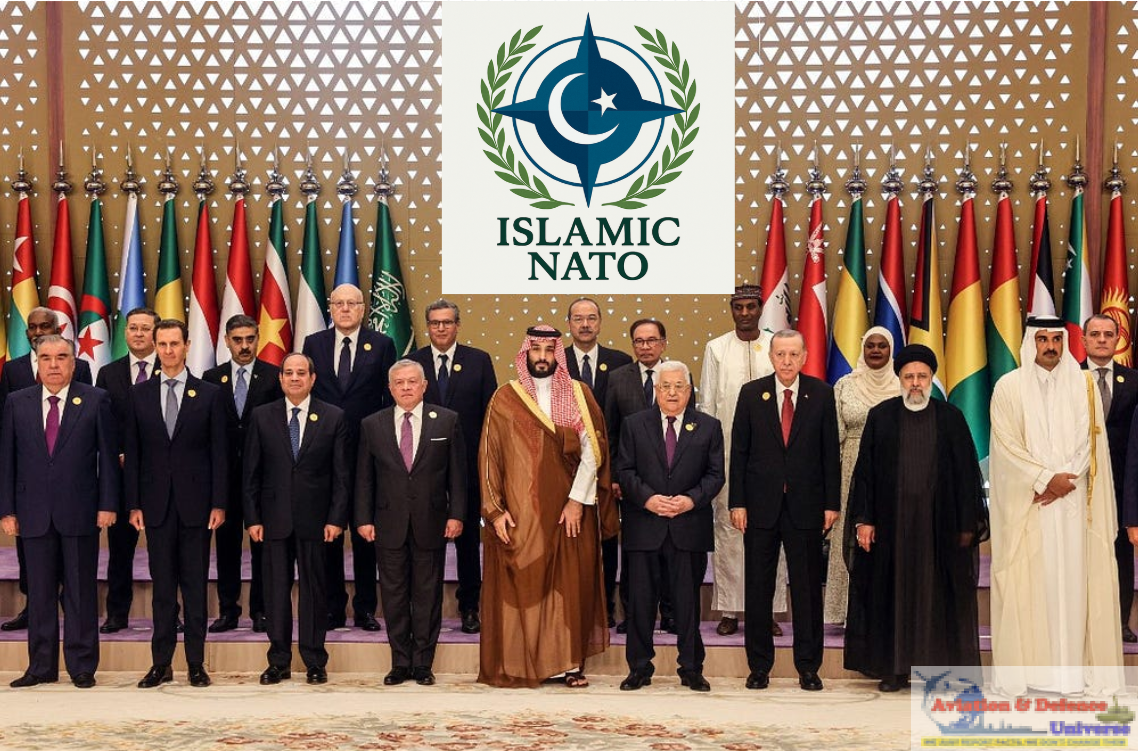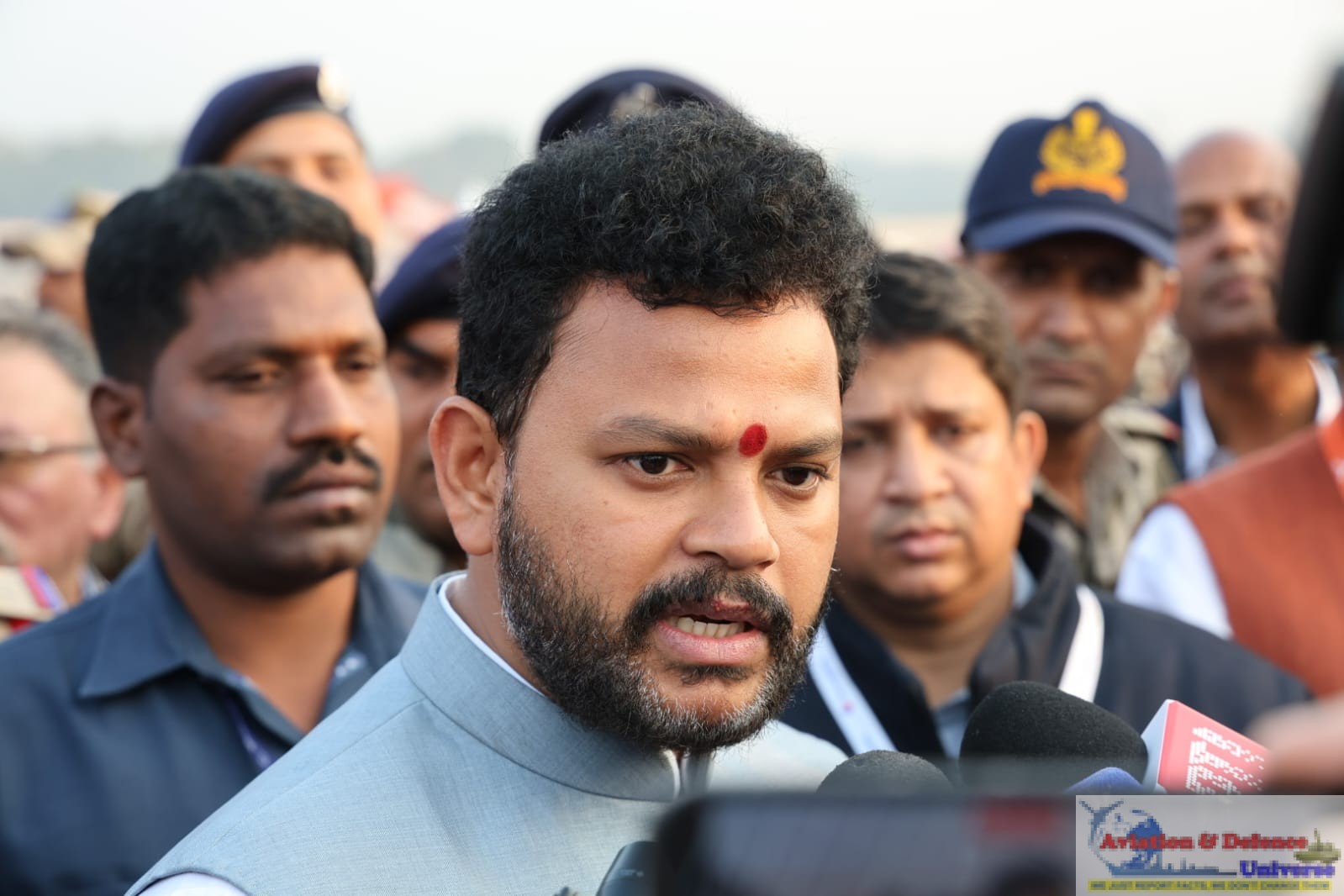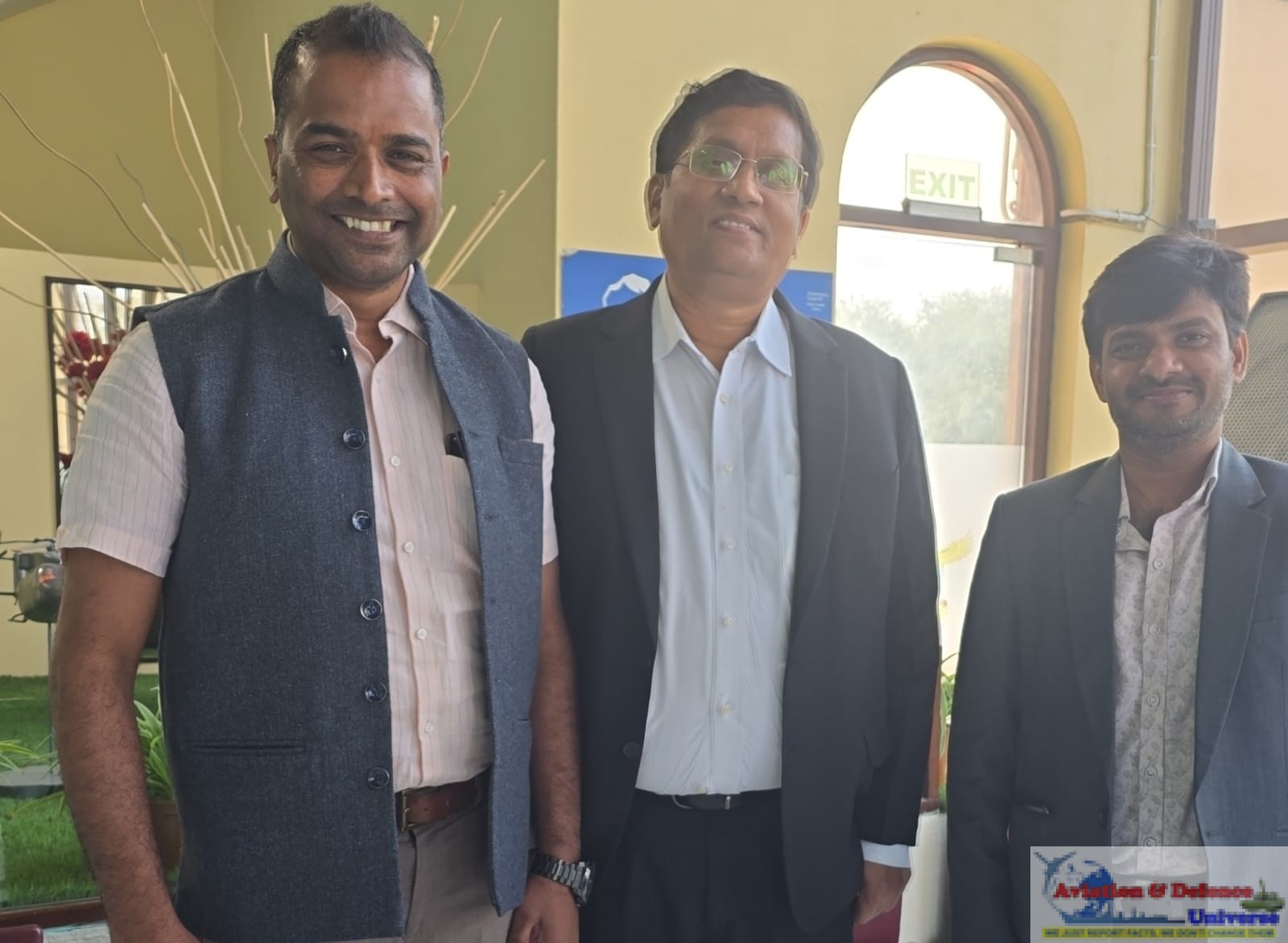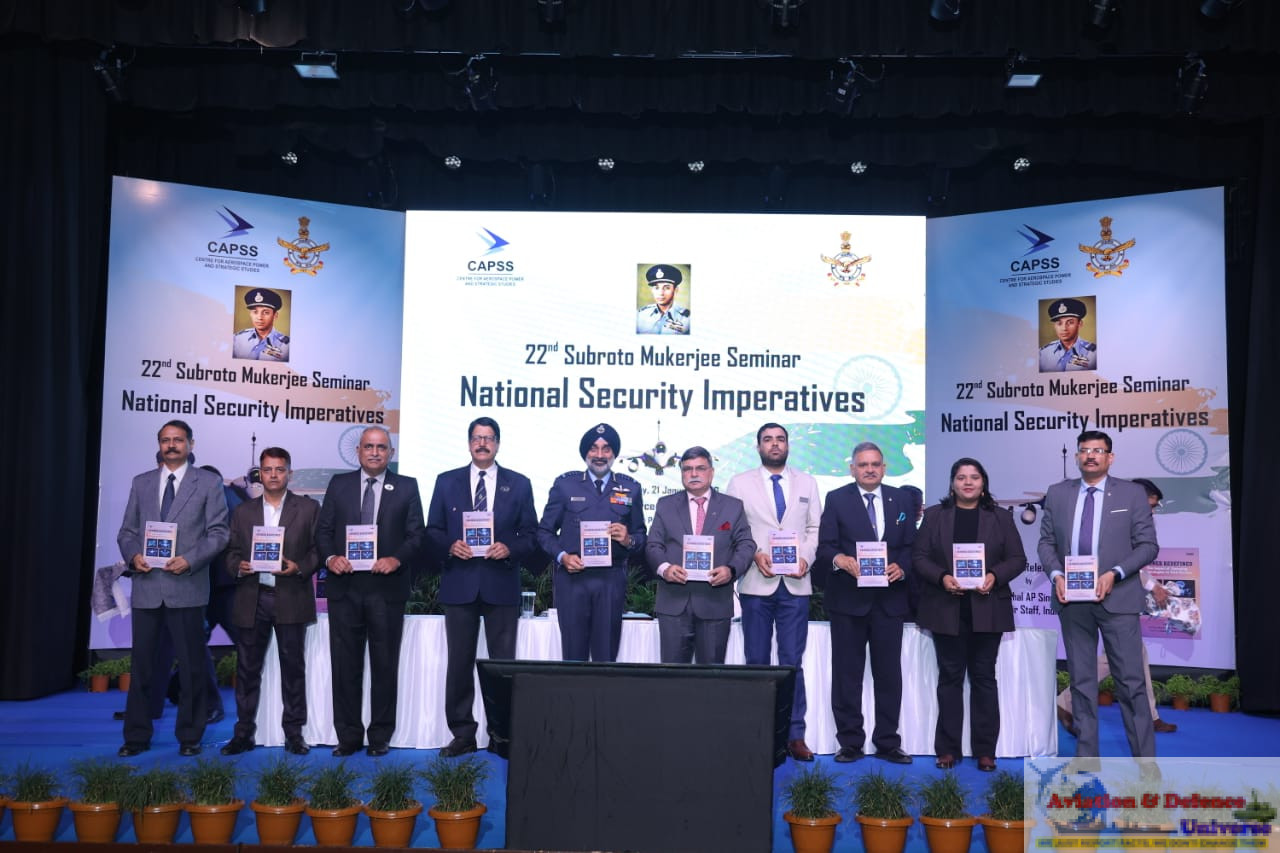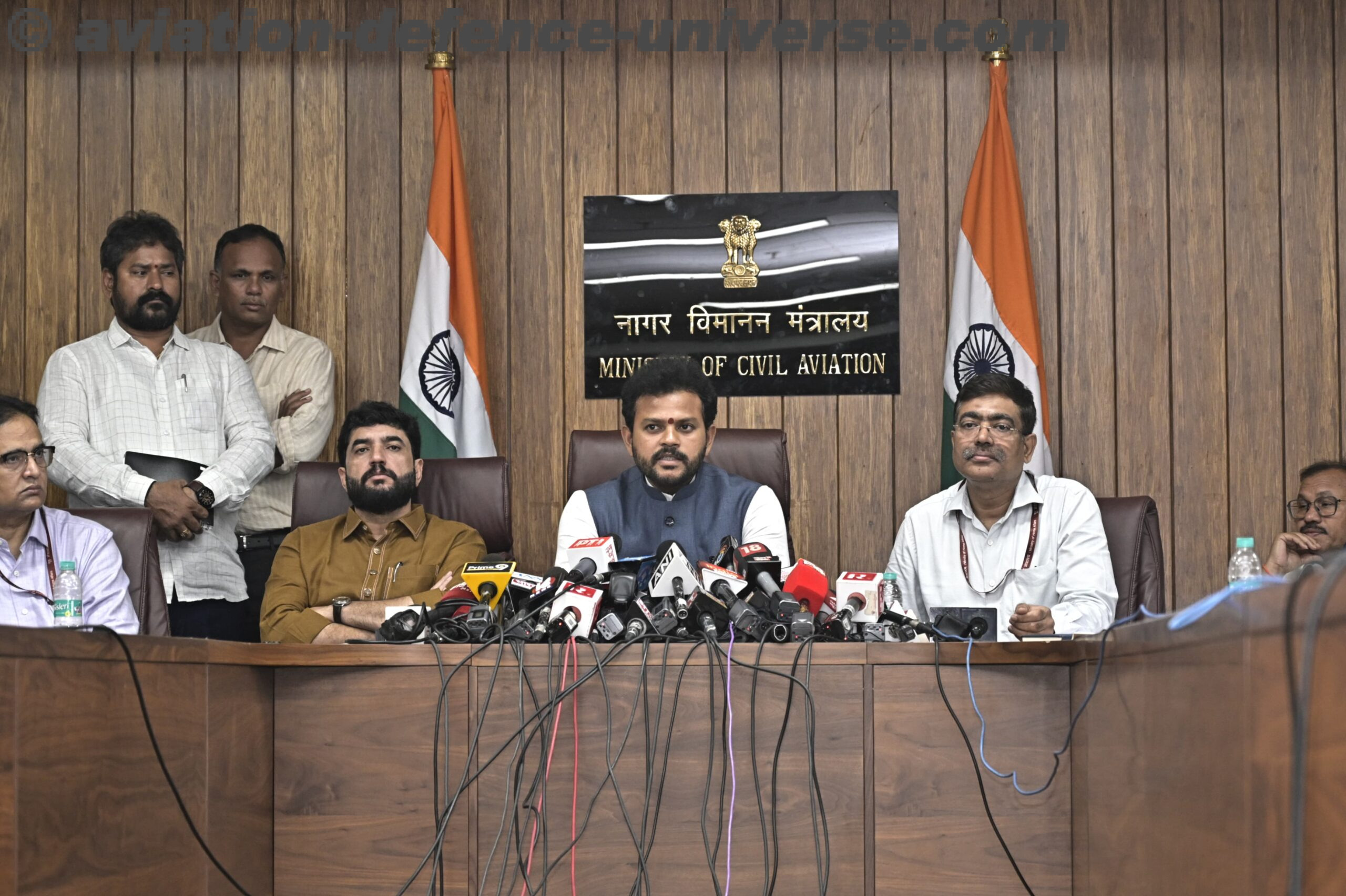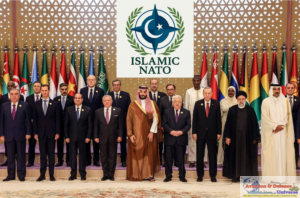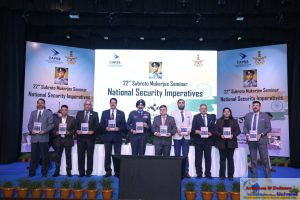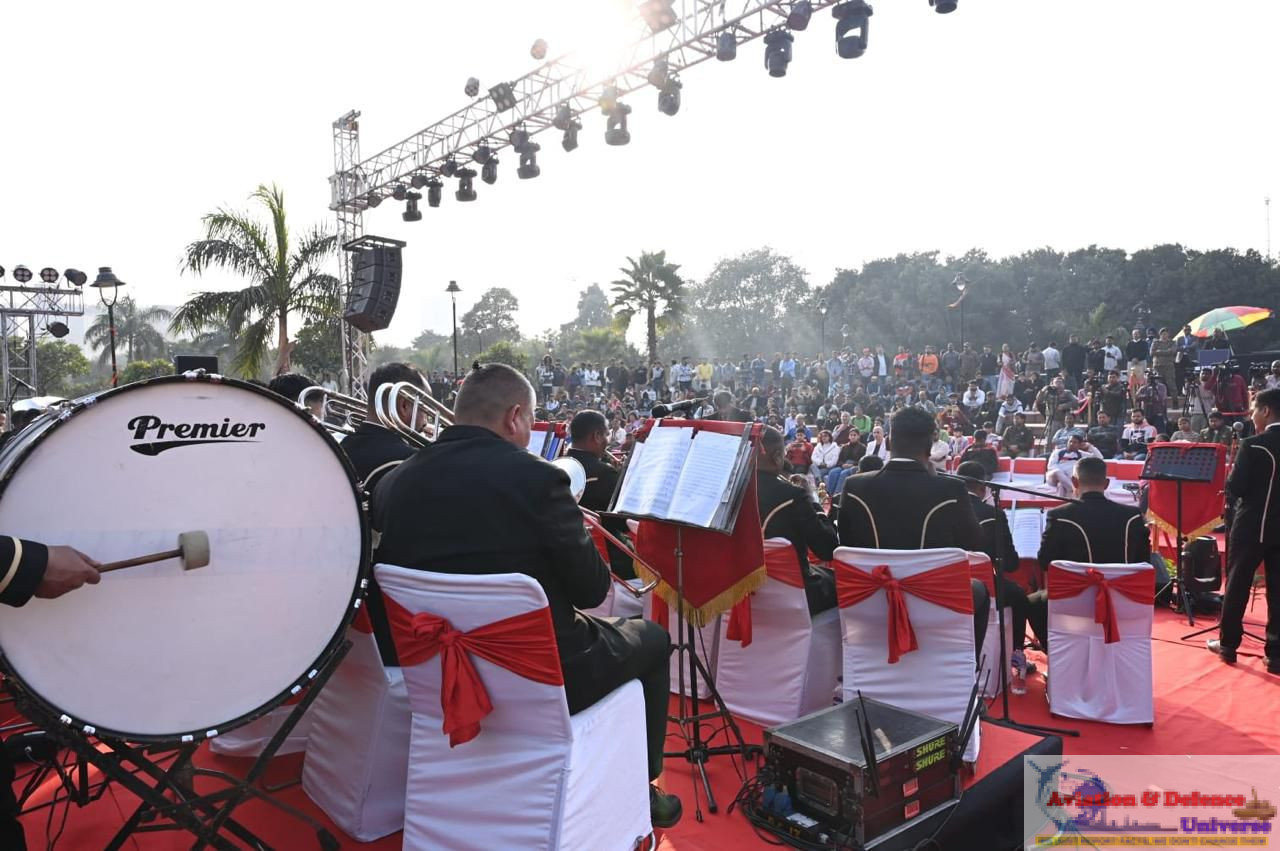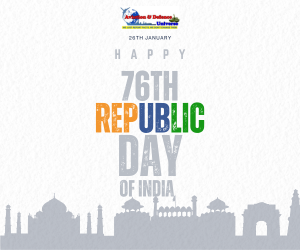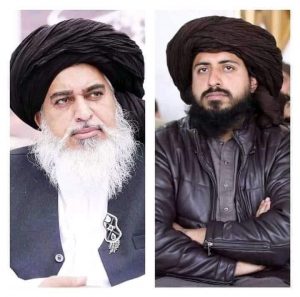
By Jai Kumar Verma
New Delhi. 15 May 2021. Sheikh Rashid Ahmed the Interior Minister of Pakistan told the media that Tehreek-e-Labbaik Party (TLP) was outlawed on April 14 under Rule 11-B of Anti-Terrorism Act of 1997. He mentioned that the proposal to ban the TLP was sent by Punjab government and it was approved by the government. He stated that in the latest demonstrations two police officers died while several others were injured. According to media reports about seven persons were killed and few hundred people were injured. Several policemen were taken hostages by the demonstrators, although they were released later. According to social media several security personnel were associated with TLP and they threatened of dire consequences if the demands of TLP were not fulfilled.
The TLP, which opposes the printing of cartoons of Prophet Mohammed in France, has launched anti-French protests in several cities of Pakistan especially in Punjab province. The TLP demanded that the French ambassador should be expelled, diplomatic ties should be severed, and French products should be prohibited in the country. Islamabad has not appointed ambassador in France since July 2018. The agitators also insisted that party chief Saad Rizvi should be released immediately. French Embassy in Islamabad also sent an email to French citizens and companies advising them to leave the country temporarily in view of the violent protests against France.
TLP is a far-right Islamic party which was founded in 2015 by Khadim Hussain Rizvi a rabblerouser Islamic preacher who died in November 2020. Rizvi was an employee of Punjab Auqaf Department and was a fiery orator and coined a popular slogan that “Gustakh-e-rasul ki aik saza, sar tan sey juda” (The beheading is the only punishment for the blasphemer). The party believes in the “finality of Prophet Muhammad” and in the safeguarding of blasphemy laws. Most of its members are followers of Barelvi school of thought and has mastered the art of countrywide street protests in favour of blasphemy law. The party also stresses that Sharia law should be enforced in letter and spirit.
The party also successfully launched an agitation in 2017 in which it blocked several roads of Islamabad and Rawalpindi for weeks and bowed the government. The party demanded the resignation of Minister for Law and Justice Zahid Hamid and contested an amendment in the Election Bill 2017 where the word oath was changed to declaration.
Imran government signed an agreement with TLP that it would take the matter in parliament about the expulsion of the French Ambassador within three months however later the time limit was extended to April 20. Later government could not implement the agreement and arrested TLP president Saad Rizvi on 12 April and banned the party. Hence TLP again resorted to protests and demonstrations.
However, Hussain Haqqani Director in Hudson Institute and a former Pakistan ambassador in United States mentioned that “France is a major financial donor to Pakistan and the demand to expel its ambassador over alleged blasphemy is just a gimmick”.
Pakistan army also uses Jihadists, extremists, and fundamentalists to subdue the rising popularity of the civilian government. Army controlled Inter-Services Intelligence (ISI) is vigorously using Deobandi and Wahabis as Jihadists and infiltrating them in India especially in Kashmir and Afghanistan to carryout terrorist activities. Pakistan watchers claim that ISI used Barelvis against Nawaz Sharif government and also to cow down Imran Khan. However, it appears that now TLP which had the support of army is out of hand and now targeting the present government.
Pakistan government which is suffering from acute financial crisis cannot afford to antagonise France which is an active member of European Union and holds an important position in the International Monetary Fund (IMF) which has given substantial loan to Islamabad. Paris is the headquarters of Financial Action Task Force (FATF) which has placed Pakistan in ‘grey list’ and may downgrade it to ‘blacklist.’ Pakistan has also strong defence ties with France and its attack submarines are supplied by France. Pakistan Air Force is using Dassault Mirage III and the Dassault Mirage V.
The human right activists claim that religious minorities like Hindus, Christians, Ahmadis are persecuted under blasphemy laws. The blasphemy laws are also used to harass the opponents and to settle personal disputes. The TLP also organised massive demonstrations in November 2018 when Supreme Court acquitted Asia Bibi a Christian woman who was charged under blasphemy law.
As Pakistan is radicalised and Islamic fundamentalism has considerably increased, the popularity of TLP is escalating. The party secured 2.2 million votes in 2018 elections and it also won two provincial seats in Sindh Provincial Assembly. The party became the third largest party in Punjab after Pakistan Tehreek-e-Insaf (PTI) and Pakistan Muslim League (PML-N). Nonetheless Pakistan watchers claim that popularity of the party is not increased much but due to enhanced radicalisation, joblessness, illiteracy and deteriorating financial condition of the country it garnered so many votes. In view of declining economic condition of the country not only Madrassa educated people, but even general young Pakistanis are also joining the party as they visualise a bleak future.
The vast majority of Pakistan follows Barelvi school of thought, and they have a huge network of mosques, madrassas, and shrines and several of them owe allegiance to TLP.
TLP sent messages in WhatsApp where they mentioned that the protesters should be ready with stones and slingshots to use against security forces which are generally about 10 percent of the demonstrators. Police never fights bravely hence they can engage police and Allah will help the demonstrators. In view of vast use of social media security agencies have blocked social media for some time in Pakistan.
Imran government has to resolve the issue with TLP at an early date as other Islamic parties may also join the movement. Jamiat Ulema-i-Islam and banned Tehrik-e-Taliban Pakistan (TTP) has already offered their support. There is also a possibility that TLP may become a terrorist organisation if its prohibition is not revoked early.
U.S. led NATO forces are withdrawing from Afghanistan and Pakistan is trying to be a mediator, however the country which is suffering from an internal turmoil cannot be a true peacemaker. Although a ceasefire agreement was reached between the armies of India and Pakistan, but Islamabad does not want durable peace. Soon after the ceasefire agreement Pakistan agreed to import cotton and sugar from India but reversed the decision within 24 hours.
Public of no Muslim country except Pakistan has demanded the expulsion of French Ambassador and severance of diplomatic relations, indicates that the country is totally radicalised. Pakistani constitution has more Islamic clauses than most of other Muslim countries except Saudi Arabia and Iran.
Although at present juncture proscribing of the TLP was necessary but it would not resolve the predicament as the main problem is rising religious fundamentalism in the country. In past several other parties and terrorist groups were banned but most of them are functioning under the different nomenclature. In reality the government should try to reduce the rising extremism and should convince the masses about the futility of the ideology of the party.
Besides radicalisation the other reason of the spectacular rise of TLP is the rivalry between Barelvis and Deobandis. Barelvis are supported by powerful army while Deobandis have financial assistance from middle eastern countries, and it has control over large number of mosques and Madrassas. The TLP demonstrations and demands may increase Pakistan’s isolation in international arena. However, it is high time when Pakistan military and civilian government chalk out a long-term plan for the overall development of the country. They should forget animosity with India and the rivalry between army and civilian government should also end. The rising radicalisation of the country should also be reduced, and ISI should stop assisting terrorist outfits so that the country is out from the grey list of FATF.
(Jai Kumar Verma is a Delhi-based strategic analyst and member of United Services Institute of India and Institute for Defence Studies and Analyses. The views in the article are solely the author’s. He can be contacted at editor.adu@gmail.com)













